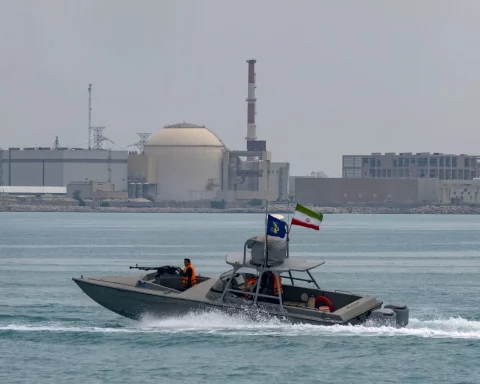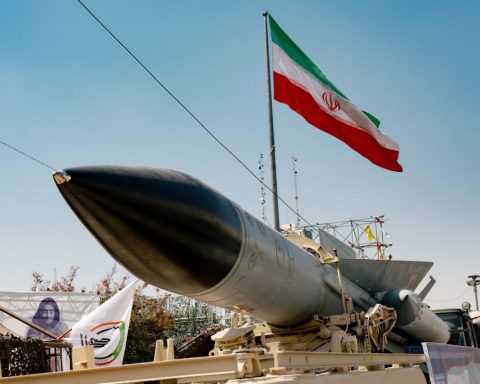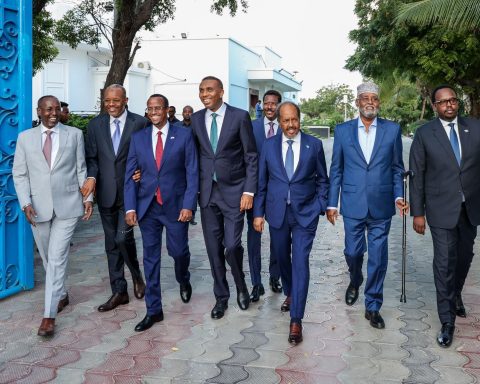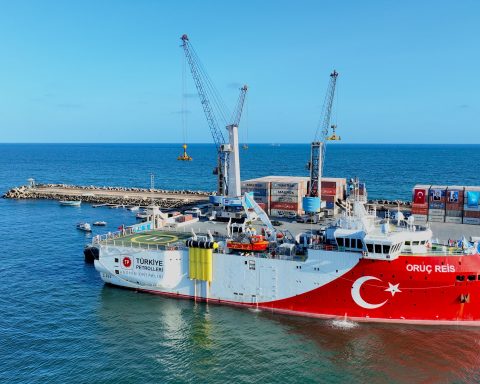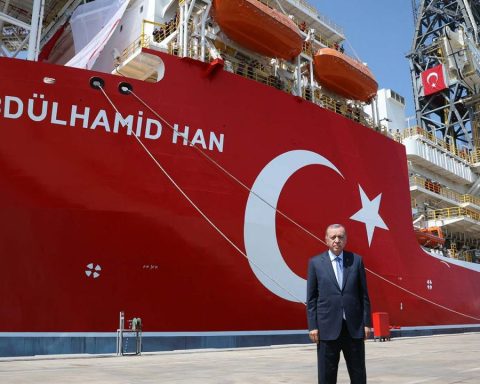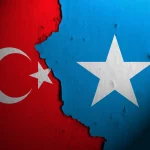Turkey’s involvement in Somalia is shaped by a combination of strategic, economic, and security interests. Strategically, Somalia’s location provides access to key maritime routes, while economically, Turkey sees potential in exploring the country’s untapped oil and gas resources. On the security front, Turkey’s support in strengthening Somali forces helps stabilize the region and counters the influence of other powers. These intertwined motivations enable Turkey to deepen its presence and influence in the Horn of Africa.
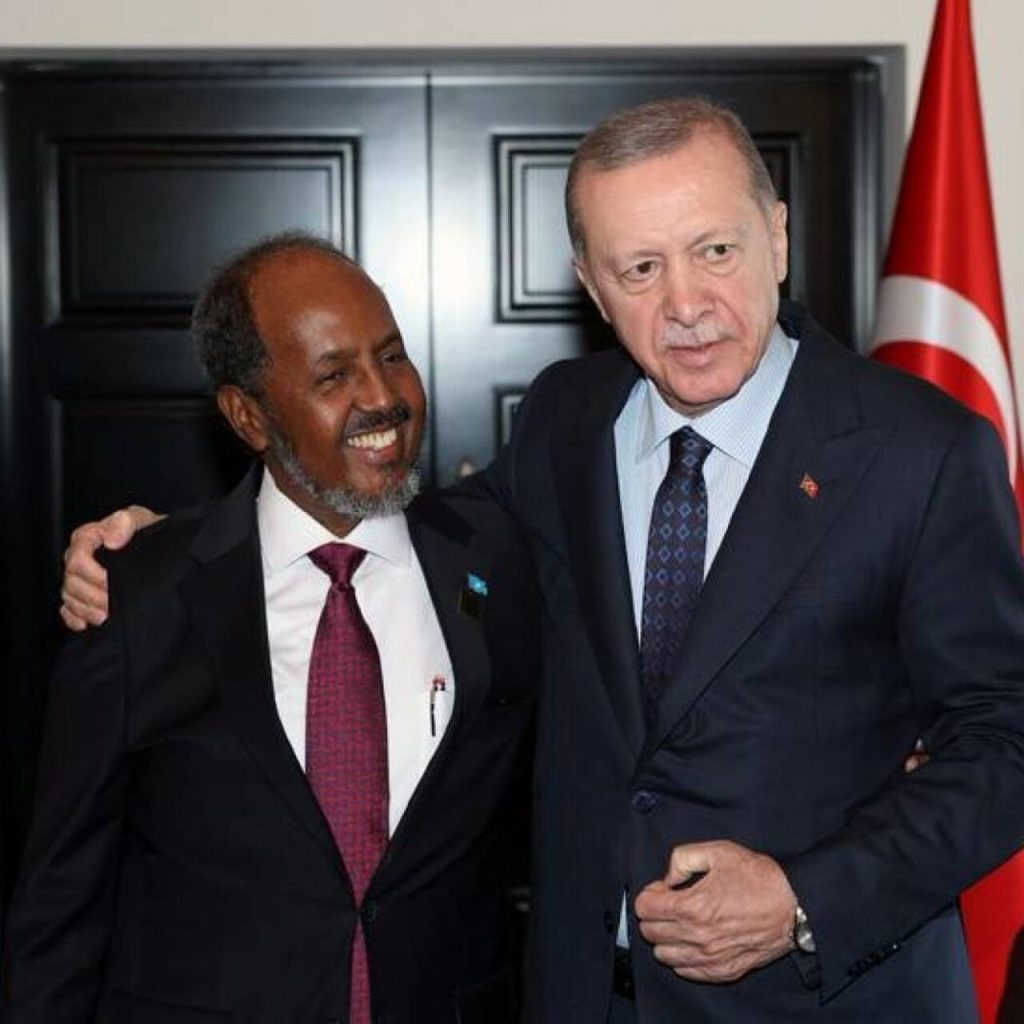
Access to Energy Resources
With the Oruç Reis mission, Turkey aims to tap into the untapped oil and natural gas potential in Somali waters. If significant reserves are found, this would be a game-changer for both countries, offering Somalia a much-needed economic boost and providing Turkey with a new source of energy to reduce its dependency on imports.
Securing Strategic Trade Routes
Turkey views Somalia as its gateway to East Africa and the wider African continent. Ensuring the security of trade routes through the Red Sea and the Strait of Bab-el-Mandeb is vital for Turkey’s economic interests, especially as these waters have become increasingly volatile due to regional conflicts.
Establishing a Military Client State
Equipping and training Somali naval forces, Turkey positions itself as a reliable defense partner. The agreements include the supply of Turkish-manufactured weapons and frigates to Somalia, increasing Turkey’s military exports and boosting the credibility of its defense industry in Africa.
Countering Foreign Influence
Turkey’s presence in Somalia counters the influence of other regional and global powers, such as the United States, France, and the United Kingdom. This is particularly important given the strategic importance of the Horn of Africa for international trade and regional security.
Promoting Political Stability
Turkey’s support helps stabilize Somalia’s political landscape, deterring the influence of militant groups like Al-Shabab. Turkish investment in infrastructure, education, and healthcare further strengthens its image as a key partner in Somalia’s state-building process.
Challenges and Future Prospects
Despite the promising outlook, Turkey’s deepening involvement in Somalia is not without challenges. The geopolitical dynamics in the Horn of Africa are complex, with neighboring Ethiopia’s interest in the region adding to the potential for tension. In January 2024, Ethiopia signed a controversial Memorandum of Understanding (MOU) with Somaliland, which includes the lease of a port on the Red Sea in exchange for Ethiopian recognition of Somaliland’s independence. This move was seen as a threat to Somali unity and territorial integrity, pushing Somalia to seek Turkey’s support to bolster its maritime defenses.
The evolving nature of these regional alliances means that Turkey must navigate carefully to maintain its influence in Somalia while avoiding friction with other key players like Ethiopia and neighboring Gulf countries.
Turkey’s expanding role in Somalia is driven by strategic, economic, and security considerations aimed at solidifying its presence in the Horn of Africa. Through energy exploration, securing vital trade routes, enhancing military cooperation, and countering foreign influence, Turkey positions itself as a key partner in Somalia’s development and stability. While these efforts offer mutual benefits, including potential energy discoveries and increased military exports, Turkey must carefully navigate regional tensions, particularly with Ethiopia and Gulf countries, to maintain its influence and foster sustainable partnerships in this complex geopolitical landscape.




